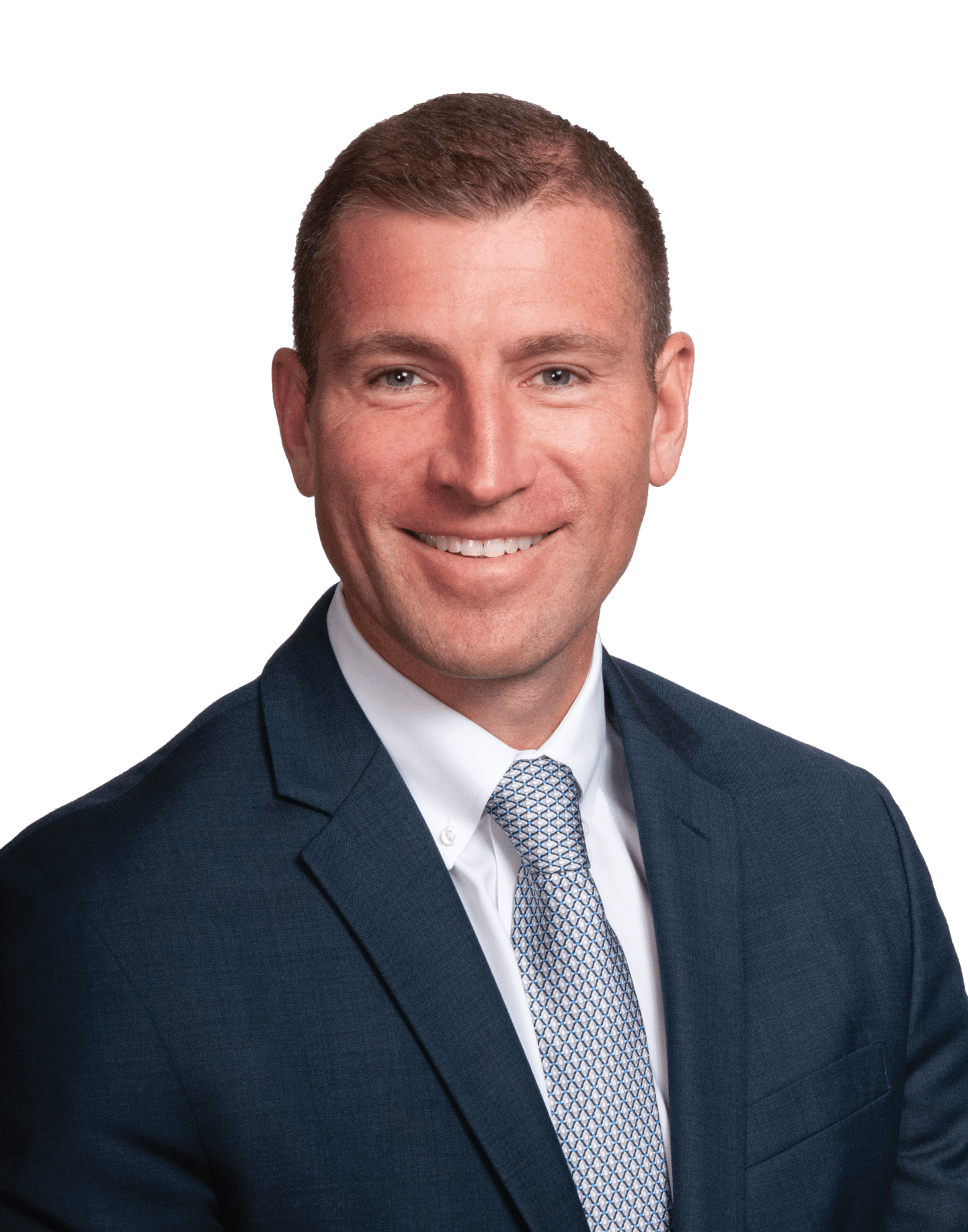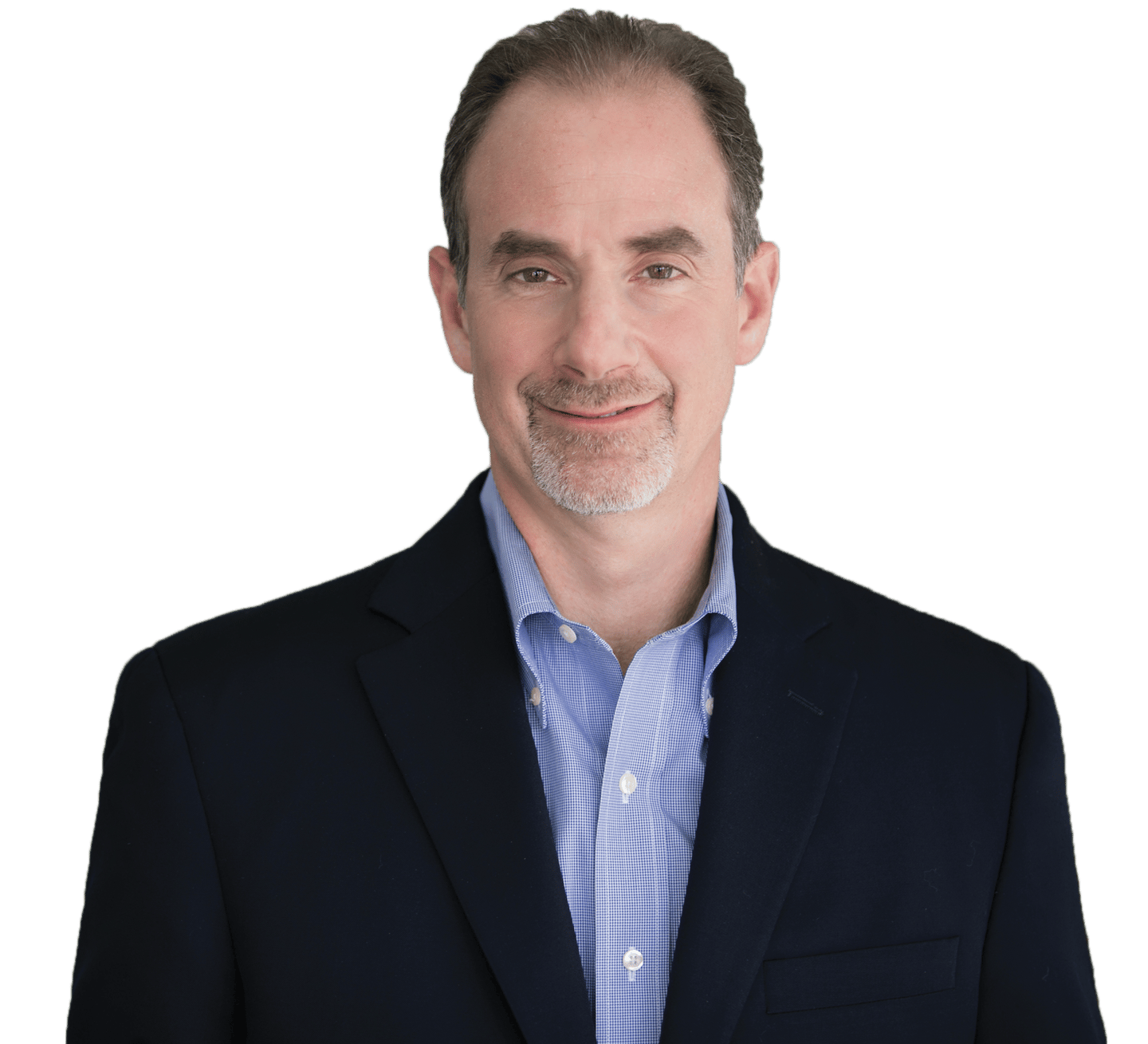Overcoming obstacles: Despite challenges, generics companies optimistic for 2022
As the COVID-19 pandemic drags into its third year, supply chain issues and labor-related challenges continue to wreak havoc across a range of industries around the world.
Makers of generic pharmaceuticals are not immune to these problems, but those interviewed by Drug Store News said they have made some adjustments to their supply chains — including changes in transportation and sourcing strategies — and are confident in their outlook for the year ahead.
[Read more: Looking forward: Executives size up the state of retail pharmacy in 2022]
DSN spoke with executives from Aurobindo, Amneal Pharmaceuticals, Ascend Labs and Alembic Pharmaceuticals about their challenges in 2022 and the outlook for the industry, including their retail pharmacy partners.
Drug Store News: What are the challenges you see in the year ahead for your company?
Paul McMahon, president, commercial operations, Aurobindo: Some challenges that are out of our control include port staffing issues, container availability, and sea and freight capabilities. The global supply chain crisis has forced us to look at alternative transportation methods. Despite these challenges, Aurobindo has been able to leverage a strong vertically integrated supply chain with less reliance on CMOs (contract manufacturing organizations) and external suppliers. Aurobindo is uniquely positioned to manage supply chain risk by controlling all major aspects of the pharmaceutical supply chain.
As the pandemic continues, Aurobindo’s global teams are keeping products flowing as seamlessly as possible in terms of staffing, production, and global and domestic logistics, so that patients get the medicines they need and depend on. Aurobindo’s integrated supply chain is long and complex, yet nimble enough to quickly shift with market factors.
Andy Boyer, executive vice president, chief commercial officer, generics, Amneal Pharmaceuticals: The key to success for manufacturers in growing their generics business is innovation, particularly in more complex product areas such as injectables and ophthalmics. In these complex product areas, there tends to be higher barriers to entry and thus more unmet need and less competition. At Amneal, we are constantly focused on our innovation pipeline — from the selection of the right products to develop and how we develop and manufacture them internally to how we can quickly bring them to market with high-quality standards. The formula is clear, but it comes down to execution.
[Read more: Avalere analysis examines Medicare Part D’s plan tier placement of generics]
John Dillaway, executive vice president, Ascend Labs: The biggest challenges are twofold: The first revolves around logistics and the continuing effects of the global pandemic. Early on, we benefited from the sizable inventory of finished goods we had on hand. However, as the pandemic has progressed, we have seen an impact on the supply of materials that we need, from API (active pharmaceutical ingredient) suppliers all the way to bottle and bottle top suppliers. We continue to qualify additional API sources in an ongoing risk-prevention effort. We are also beefing up our investment in components to insulate ourselves as best as possible from shortages. The second challenge I see revolves around the increased focus on identifying and eliminating any unwanted impurities in products such as the NDMA impurity that has affected several molecules. While Ascend has not been impacted largely by these, all manufacturers need to be diligent.
Eric Purcell, vice president, sales and marketing, Alembic Pharmaceuticals: Disruptions to pharmaceutical supply chains are always prevalent, and I think more so now. During the peak of the pandemic, I think we saw fewer FDA inspections and warning letters going out to marginal suppliers. If the FDA gets back to doing more inspections, I think you’ll start seeing more supply disruption from marginal suppliers. We’re already seeing some of those folks not being able to supply, and we’ve picked up share. But, I think it’s key for us and for industry in general to make sure there’s enough supply out there so that patients can get access to and can afford these medications because when there are supply disruptions, pricing goes up.
We try to have 90 days of supply here in the United States, plus another 60 days of safety stock in India. Now, there’s another whole level of complexity with the labor challenges — making sure enough workers are there to pick, pack and ship the products.
[Read more: Mark Cuban intros online pharmacy offering affordable generics]
Drug Store News: What’s in store for your retail customers in the year ahead in terms of generics?
Paul McMahon, Aurobindo: Aurobindo Pharma USA looks forward to launching many more products in the coming months as the company continues to expand its portfolio. As of Dec. 31, 2021, we have received final approval for 430 ANDAs, tentative approval for 29 ANDAs and 184 ANDAs are under review, bringing our total filings to 643.
Azelastine Hydrochloride Nasal Spray 0.1% (137 mcg per spray) is Aurobindo’s first product launch in the United States utilizing a pump nasal spray delivery system. The development and launch of Azelastine demonstrates Aurobindo’s strategic push into alternative delivery systems, which in addition to pump nasal sprays include metered dose inhalers, prefilled syringes and transdermal patches.
In addition to our robust organic pipeline, we recently acquired a portfolio of 45 product families, as well as a new, FDA-approved 269,000-sq.-ft. manufacturing facility located in Puerto Rico. The facility is designated for manufacturing oral solid dose products, both tablets and capsules, with both regular and high-potency capabilities. The acquired products will bolster our already industry-leading portfolio and ensure Aurobindo a steady stream of new competitive medicines to launch for the foreseeable future.
Andy Boyer, Amneal Pharmaceuticals: Innovation in complex generics continues as a key growth driver for Amneal. More than 85% of our generics products in development are non-oral solid products, and an increasing share of that is drug-device combinations, injectables, ophthalmics and inhalation. In 2021, we launched 28 new products, and we expect to launch another 20 to 30 in 2022. In particular, we remain committed to the expansion of our generic institutional injectables offerings.
Amneal is also gaining large-molecule momentum with three oncology biosimilars — Neupogen, Neulasta and Avastin — all filed and under review with the FDA, and all are expected to launch in 2022. In early 2022, we announced our planned acquisition of the baclofen franchise from Saol Therapeutics, which will help support our biosimilar launches.
[Read more: Amneal to acquire Saol Therapeutics’ Baclofen franchise]
John Dillaway, Ascend Labs: I think retailers will be affected by the same issues that are affecting our company, but hopefully not to the same extent, as there are typically multiple choices for them on any given generic molecule. That can nonetheless cause them issues, as the size, color or shape of a molecule may differ from one manufacturer to another, causing questions or concern among their patients.
The FDA has done a good job throughout the pandemic in keeping up with products submitted for approval. Ascend has continued to receive approvals on new molecules throughout the pandemic and now markets over 80 molecules consisting of almost 300 SKUs of various strengths and sizes. Ascend has a robust pipeline of over 100 additional molecules at various stages of development.
Eric Purcell, Alembic Pharmaceuticals: The biggest challenge for retail customers is consistent supply. Supply of high-quality, affordable generics is important to the pharmacies, pharmacists and, ultimately, the patients. Alembic is focused on providing pharmacies with excellent supply service levels. Alembic supply is built on a foundation of vertical integration, and strong and flexible manufacturing capabilities. Adequate inventory levels and strong planning have been key pillars to our ability to meet ever-changing market conditions. Alembic has invested significantly in pipeline and manufacturing capabilities, and now has dedicated facilities for solid oral dose, dermatology, ophthalmics, injectables and oncology injectables, as well as facilities for APIs.





